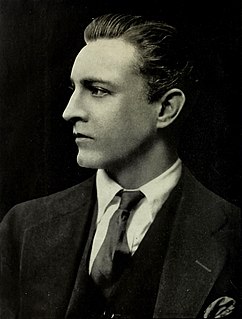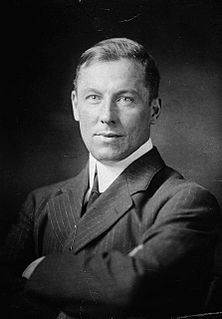A Quote by Joseph Brodsky
It is not just shameful for a contemporary American poet to use rhymes, it is unthinkable. It seems banal to him; he fears banality worse than anything, and therefore, he uses free verse - though free verse is no guarantee against banality.
Related Quotes
I was a poet too; but modern taste
Is so refined and delicate and chaste,
That verse, whatever fire the fancy warms,
Without a creamy smoothness has no charms.
Thus, all success depending on an ear,
And thinking I might purchase it too dear,
If sentiment were sacrific'd to sound,
And truth cut short to make a period round,
I judg'd a man of sense could scarce do worse
Than caper in the morris-dance of verse.
I know that one of the things that I really did to push myself was to write more formal poems, so I could feel like I was more of a master of language than I had been before. That was challenging and gratifying in so many ways. Then with these new poems, I've gone back to free verse, because it would be easy to paint myself into a corner with form. I saw myself becoming more opaque with the formal poems than I wanted to be. It took me a long time to work back into free verse again. That was a challenge in itself. You're always having to push yourself.






































